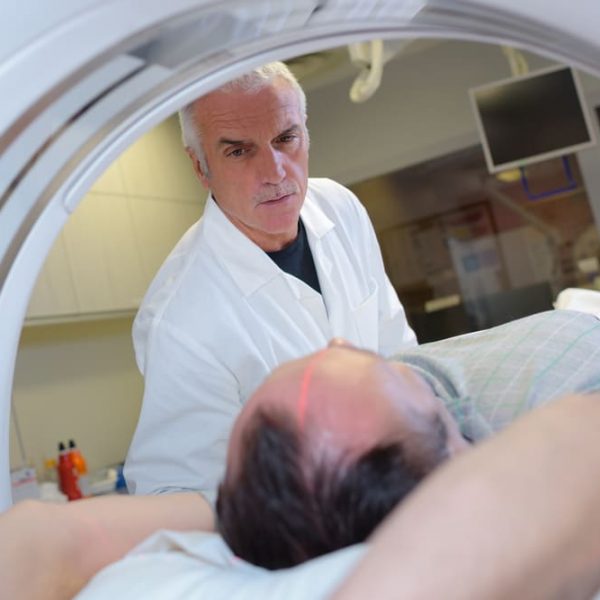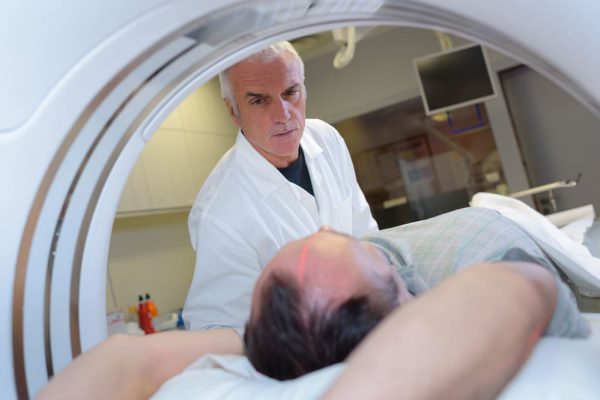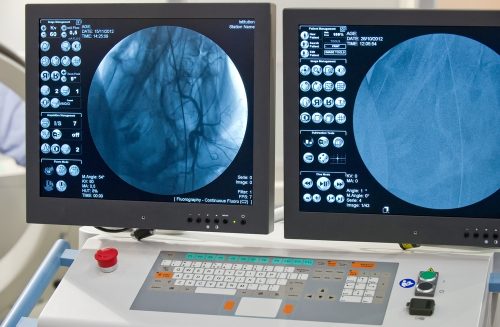This examination diagnoses (Heart/Chest MRI) cardiomyopathic morbidity – By using techniques, one can demonstrate myocardial movement, assess heart function and volume of heart chambers, measure blood flow, and characterize heart structure.
In which cases should a heart-chest MRI examination be performed?
Diagnosis of myocarditis.
Location and severity of heart scarring due to myocardial infarction.
Diagnosis of sarcoidosis – A multi-system disease affecting various bodily.
Amyloidosis.
Blood flow measurement and heart structure characterization.
Assessment of vascular disease in the chest, including aorta aneurysm.
Assessment of heart or lung tumors.
How should one prepare for a heart-chest MRI?
Fasting – It is important to check for the requirements of the institution where the examination will be performed, prior to the examination. Some institutions instruct to fast a few hours prior to the examination, while others do not instruct to do so.
Clothing – Do not wear clothes with metal parts, and any metal jewelry found on the body should be removed, along with hair pins and keys.
Metals in the body – The medical staff should be informed of metals found in the body, in cases such as a pacemaker, stent that was implanted during catheterization, artificial joint, surgical clip, insulin pump, shrapnel or cochlear implant. Most of these implants do not contain magnetic metals, and therefore will not prevent the performance of the examination, but the medical team must be informed of each of the implants listed above prior to the examination.
Claustrophobia – Patients who are afraid of a confined spaces may use tranquillizers about an hour prior to the examination, in consultation with a doctor.
Contrast agents – Occasionally, this examination uses the contrast agent gadolinium. It is a metal contrast agent with magnetic properties that enables a more efficient demonstration of blood vessels and increases the quality of the scan. In contrast to iodine-based contrast agents, gadolinium hardly causes any allergic reactions or side effects. In cases of advanced kidney failure, the use of a contrast agent should be avoided.





